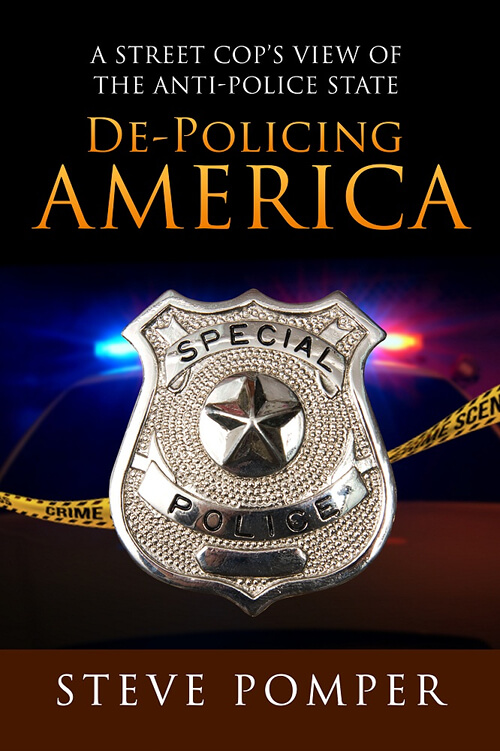Physical actions cops take when attempting to arrest people who are resisting arrest, especially teenaged girls, the disabled, or the elderly, will never look good—never! Did I say, never? However, it should not be ignored that had the girl complied with police officers’ initial commands (the police told her several times to leave), as she is legally required to do, force would not have been necessary.
It bother’s me that Casebolt’s police chief, who has handled this better than most, initially, rather than waiting for at least a substantive review of events, cast his officer to the wolves by saying his actions were, “indefensible.” My goodness, even if Casebolt overreacted, indefensible is going too far. The teen girl in question suffered no injury. How, “indefensible” could it have been?
Such early premature and definite conclusions by a police chief can affect an officer’s right to fair treatment. While the chief had made his assessment, reasonable police officers were still discussing the officer’s actions and no clear consensus has been reached—even today it’s not entirely settled among cops. Good respectable cops fall on both sides of this issue, each for valid reasons. To real cops this situation is not as clear-cut as it might seem to non-cops and political appointee, no-longer-real-cops, such as so many police chiefs. We’ve had similar police chiefs in Seattle with similar lack of prudence when commenting on officer actions after high profile, politicized incidents. The chiefs are almost always, inevitably, found to have been wrong. But it sounds good to certain, loud, segments of the public with whom they seek to ingratiate themselves.
The fact that Casebolt had already responded to two suicide calls earlier in his shift points out the unique nature of police work. In what other job are you required to respond to a person (or two) who’s taken (or attempted to take) his or her own life, and then respond to 150 out-of-control teenagers at a pool party?
In my book, Is There a Problem, Officer?, I write about an incident to emphasize this point. One Christmas season, I responded to a woman who’d been stabbed in the abdomen by a man during a robbery in her home while her ten-year-old son hid behind their Christmas tree. After arresting the subject, my partner and I performed CPR on the dying woman. Medics arrived, and when they turned her over, we learned that the victim had also been stabbed five times in the back. Sadly, she died. On the way back to my precinct after writing my statement at the Homicide Unit, I had to make an unavoidable traffic stop. From homicide arrest, attempted life-saving measures and murder investigation, to a mundane traffic stop. This is an aspect of police work most people fail to consider when criticizing officer actions. In most jobs, if someone dies at work, by accident or medical emergency, the shop or offices closes for the day and employees are sent home to deal with their emotions. Cops go back to work!
Disproportionate public, and media, critique is what happens when police “accountability” becomes political. Have the police critics ever stopped to think that they might be trying to “fix” something that ain’t broke? Of course not. Ideological people don’t stop to think—it’s too dangerous. And, until everyone believes as they do, nothing will ever be “fixed.”


0 Comments